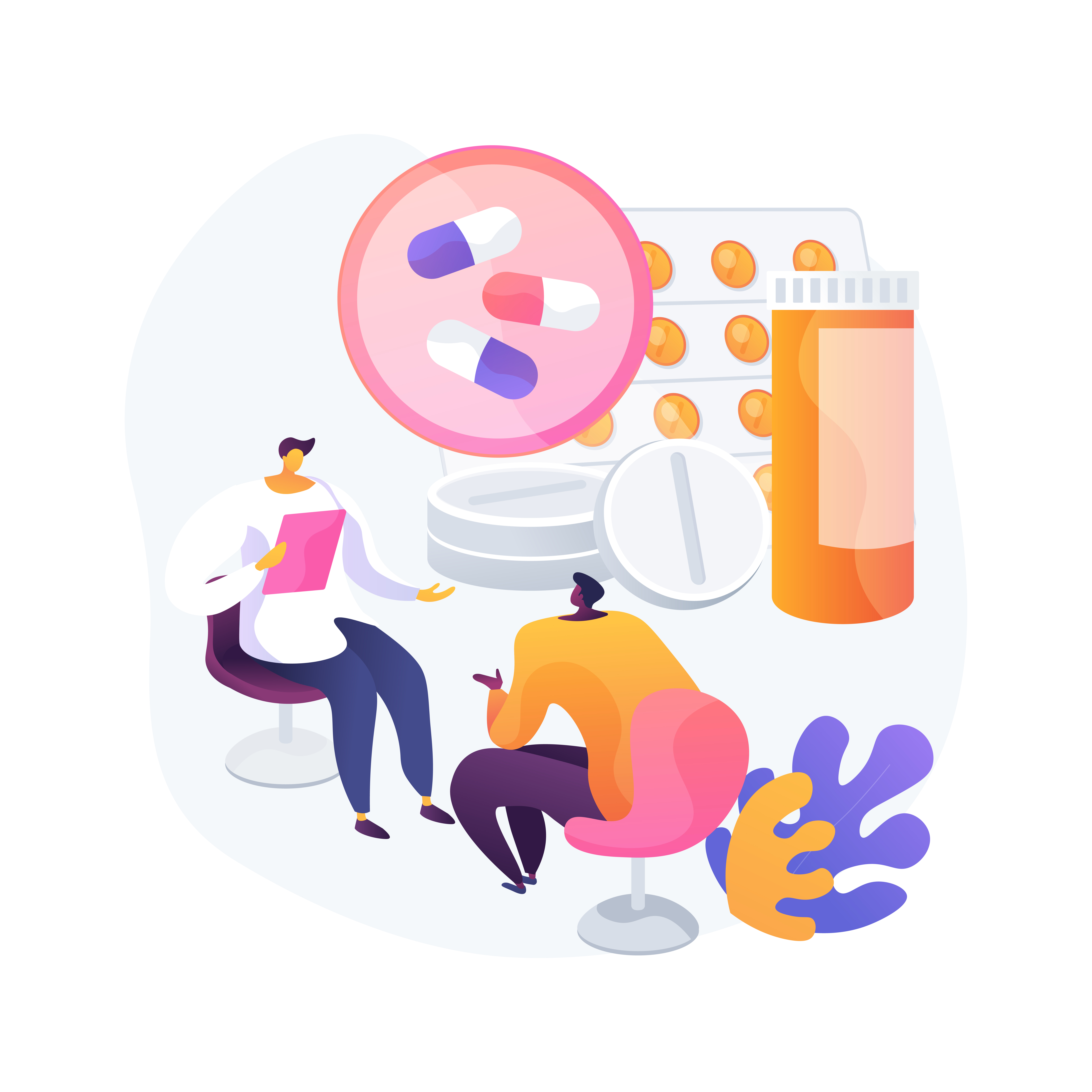
Hannah Gantt, LPCC
Depression and related mood disorders affect millions of people worldwide, and for decades, antidepressant medications have been one of the most common treatment options. These medications can be life-changing for many, but they do not work for everyone. In recent years, ketamine therapy has emerged as an alternative pathway for individuals who have not found sufficient relief with traditional approaches. While both treatments aim to improve mood and overall well-being, they work in very different ways. Understanding the distinctions between them can help individuals make informed decisions about their mental health care.
Antidepressants such as SSRIs (selective serotonin reuptake inhibitors) and SNRIs (serotonin-norepinephrine reuptake inhibitors) target neurotransmitters in the brain like serotonin, norepinephrine, and dopamine. By increasing the availability of these chemicals, antidepressants can gradually improve mood and reduce symptoms of depression.
However, antidepressants often take several weeks to show noticeable effects, and for some individuals, the benefits are partial or minimal. Side effects such as weight changes, sleep disturbances, or sexual dysfunction can also make them difficult to tolerate. Still, for many, antidepressants remain an important and effective component of treatment.
Ketamine therapy operates through a different mechanism. Rather than primarily targeting serotonin or dopamine, ketamine interacts with NMDA receptors in the brain, influencing glutamate, the most abundant neurotransmitter involved in learning, memory, and neuroplasticity.
This interaction is believed to promote the growth of new neural connections, a process that may help individuals break free from entrenched patterns of thought and behavior. By encouraging cognitive flexibility and emotional openness, ketamine therapy may provide an opportunity to process experiences differently and foster a renewed sense of vitality.
One of the most significant differences between antidepressants and ketamine therapy is the timeline. Antidepressants can take weeks to produce changes, requiring patience and consistency before results are clear. Ketamine therapy, by contrast, is often described as having more rapid effects, with some individuals noticing shifts in mood or perspective within hours or days of treatment.
This rapid onset can feel encouraging, especially for individuals who have been struggling for long periods without relief. However, while the effects of ketamine therapy can be rapid, they are not always permanent. Ongoing support and integration practices are essential to sustain progress.
It is important to emphasize that responses to both antidepressants and ketamine therapy vary widely. What works well for one person may not work for another. Some individuals respond quickly to antidepressants, while others do not notice much improvement. Similarly, while many find ketamine therapy transformative, others may experience more subtle benefits.
This variability underscores the importance of personalized care guided by medical professionals who can tailor treatment to the individual’s needs, health history, and goals.
It can be tempting to view antidepressants and ketamine therapy as competitors, but the reality is more nuanced. Both represent tools in the broader landscape of mental health care. For individuals who find relief with antidepressants, continuing that treatment makes sense. For those who have not experienced sufficient improvement, ketamine therapy may offer a new option.
Some individuals may even use both approaches under medical supervision, combining the stabilizing effects of antidepressants with the potential for neuroplastic growth and emotional openness encouraged by ketamine therapy. The key is not choosing one over the other but recognizing that multiple pathways exist, each with unique benefits.
Neither antidepressants nor ketamine therapy should be viewed in isolation. Mental wellness is most sustainable when treatments are combined with holistic practices such as therapy, mindfulness, healthy sleep, nutrition, and social support. At Better U, clients are guided not only through ketamine therapy but also through integration coaching, which helps anchor insights into daily life.
When individuals approach healing as a comprehensive journey, one that includes medical treatments, self-care, and emotional support, they are more likely to experience lasting growth and improved quality of life. Better U offers great mental health resources and support, book a free consultation with our team to learn more and continue on your journey.
Depression can feel overwhelming, but treatments like antidepressants and ketamine therapy provide different ways forward. Antidepressants offer gradual, steady improvements for many, while ketamine therapy may create more immediate openings for change. Both approaches remind us that healing is possible and that no one has to remain stuck in cycles of despair.
By working with medical professionals to explore the best fit, individuals can discover the approach, or combination of approaches, that resonates with their needs. The journey may look different for each person, but the goal remains the same: restoring vitality, balance, and hope.